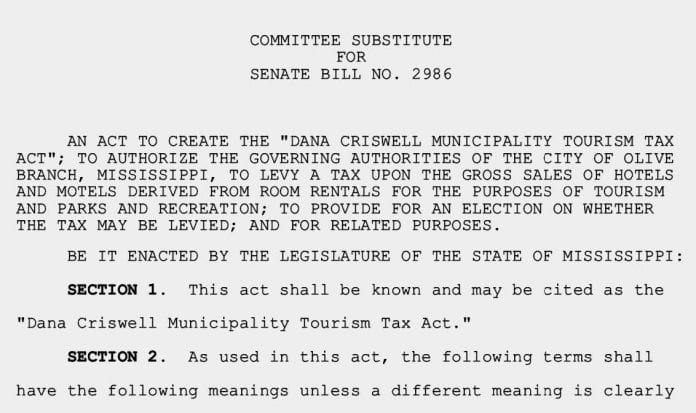Schultz and Stradt among candidates for Rock Island County state’s attorney in contentious Democratic primary

Ron Stradt, left, and Herb Schultz, right, are two of the four Democratic candidates vying for Rock Island County State’s Attorney in the March 17 primary election. The other two candidates are Dora Villarreal and Calvin Dane.
Four attorneys are vying to be the Democratic candidate opposing Republican Kathleen Bailey in the Rock Island County state’s attorney’s general election race in November. Those primary candidates are Herb Schultz, Ron Stradt, Dora Villarreal and Calvin Dane.
The primary thus far has been contentious. The initial election filings of Villarreal, Schultz and Dane were challenged, but county election boards ruled their names would remain on the ballot. Judicial reviews of the rulings were requested on behalf of the complainants, but were dropped.
This, the final of two stories on the Democratic primary candidates, profiles Schultz and Stradt. Villarreal and Dane were featured Saturday.
Herb Schultz
Herb Schultz, a longtime defense attorney in the Quad-Cities, has run for state’s attorney and for judge, though he did not win.
“It was the best thing in my life that I lost,” he said.
That was because at that time, he did not have the maturity, judgment or ability to do a good job, he said.
He has one disciplinary report with the Illinois Attorney Registration & Disciplinary Commission. He was suspended for 30 days in 2009 because he agreed to pursue a workers’ compensation case but did not advance the claim. Despite this, Schultz told his client the case was still active.
Schultz said he missed a filing and could not fix the mistake. He hid it from his client and lied to the client about the case’s progress. He said he was wrong and let people down.
“As I have taught my sons, it isn’t about whether you will fall, because we all do, but it’s about how you pick yourself up and learn from your mistakes,” he said.
Schultz said he is a longtime Democrat, and his public voting record in Illinois, which runs from 1988 through 2018, reflects this.
The Democrats, he said, have made changes as society changes, trying to be inclusive and address social justice issues.
Q: What is the most important quality for a state’s attorney?
A: “Discretion.”
That does not mean secrecy, he said, but the ability to prioritize. The state’s attorney chooses what charges to pursue.
Q: If you become state’s attorney, what will your initial priorities be?
A: “First day, I eliminate the overuse of grand juries.”
They should only be used to find probable cause for major cases rather than every felony, he said, which is the current practice in Rock Island County. Schultz said grand juries are too secretive and wasteful in broad use.
All the candidates had more to say on the topic at https://qconline.com/news/local/govt-and-politics/elections/in-a-forum-democratic-candidates-for-rock-island-county-state/article_07299efd-e2cb-5a56-b21d-35deab9efada.html
Q: Why should voters choose you?
A: “Experience. Experience. Experience.”
Schultz said he has handled hundreds of cases, he’s run a business, been a Rock Island County assistant state’s attorney and been a member of the Illinois Attorney General’s Office.
Q: Biggest challenge/issue the next state’s attorney will face?
A: “Using our resources in the most efficient way and in a flexible way.”
Ron Stradt
Ron Stradt is an attorney for the Illinois Education Association, but his career included being a Rock Island County assistant state’s attorney in the late 1990s.
He has run unsuccessfully for state’s attorney in Sangamon County. He said those previous attempts taught him an elected official leads by expressing his or her character in an open and honest way, not exposing opponents’ weaknesses.
Stradt does not have any disciplinary record listed with the ARDC.
His public voting record shows participation in both Democratic and Republican primaries. The Democratic record runs from 2006 through 2012 and Republican from 2014 to 2018.
“Unfortunately, Illinois law preconditions the freedom of expression at the polls by requiring voters to choose a political party, which results in denying a voter the right to cast a ballot for a favored candidate of different political parties,” he said.
He has run for office only as a Democrat but has served as a precinct committeeman for both parties. He has assisted and supported both Republican and Democratic candidates.
“An effective state’s attorney is not rooted in political ideology,” he said.
Q: What’s the most important quality for a state’s attorney?
A: “Integrity and commitment to safeguard the community’s trust in our judicial system, which we hold as a critical value of our core beliefs and morals.”
Q: If you become state’s attorney, what will your initial priorities be?
A: “Develop relationships with stakeholders in the community — judges, public defenders, county department leaders, elected officials, lawyers in the community, faith-based and community organizations — to build a coalition of cooperation and commitment to create purposeful, meaningful and successful solutions to address community needs and deter criminal behavior.”
Q: Why should voters choose you?
A: “I encourage voters to review my website, gotobatforstradt.com and thoroughly review my qualifications and experience.”
Q: Biggest challenge/issue the next state’s attorney will face?
A: “The initial challenge for any newly elected public officeholder is ensuring minimal disruption to overall operations during the transition of leadership.”









